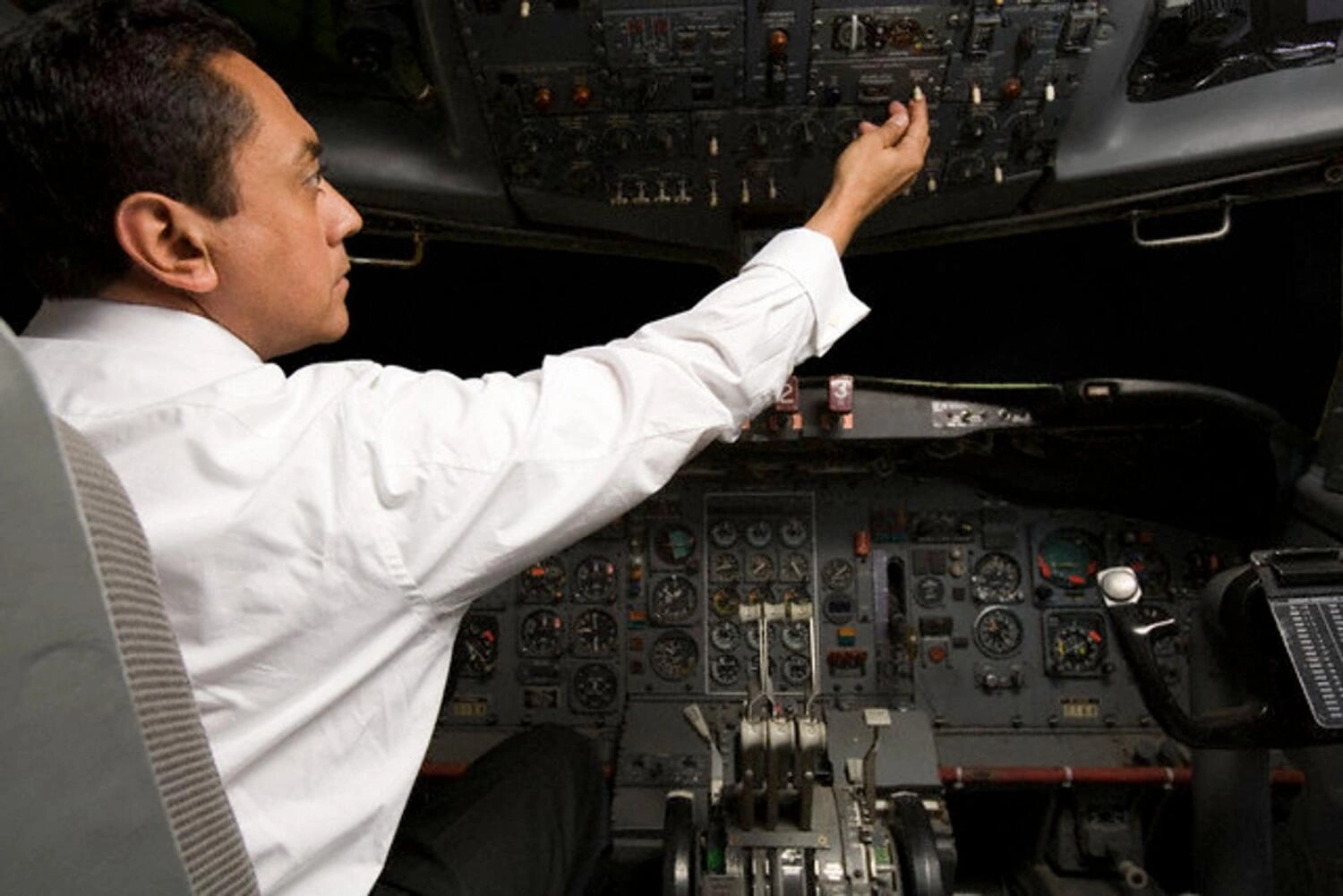With the travel and tourism industry booming in recent years, the demand for pilots is soaring. However, this demand has created significant gaps in the market, leading some airlines to lower their hiring standards to fill positions.
According to Boeing, the aviation sector will need about 650,000 new pilots over the next 20 years, with 58,000 of those needed in the Middle East alone. This translates to an annual need for 32,500 pilots, a sharp contrast to the 4,500 pilots trained yearly over the past two decades.
Training Challenges and Industry Gaps
“The demand for pilots is almost seven times the current supply,” said Capt. Abhishek Nadkarni, CEO of Sharjah’s pilot training academy Pier Seven. He emphasized that the aviation training industry isn’t keeping pace with this growing demand.
Pilot training is both expensive and complex, which discourages many potential candidates. In the past, only 20% of trained pilots made it to airlines, with the remaining 80% not meeting the requirements. However, airlines are now hiring candidates with lower qualifications due to the shortage.
Capt. Nadkarni suggested airlines should support young talent by sponsoring aviation school fees. Without such support, many are hesitant to invest in training, fearing they might not secure a job afterward.
Despite these challenges, Pier Seven has experienced a surge in demand. Over the past three years, the academy has trained 500 pilots and plans to expand its training capacity with 14 flight simulators by 2026. Since its launch in 2014, it has trained over 1,500 pilots, specializing in advanced aircraft training.
Air Expo 2024: Bridging the Gap
The aviation shortage is also being addressed through initiatives like the Middle East Aviation Career Zone (MEAC), introduced at Air Expo 2024. The event, hosted at the Abu Dhabi National Exhibition Centre (ADNEC), brings together 50 airline companies, 40 training academies, and thousands of students.
“We aim to inspire youth to explore all aviation roles, from ground operations to the skies,” said Didier Mary, CEO of Air Expo. He highlighted that the industry’s recovery after COVID-19 has been remarkable. For example, Emirates recovered its losses in just six months, significantly expanding its fleet, while Etihad experienced similar growth.
Rising Demand for Training
Etihad Aviation Training (EAT) reported a 250% increase in pilot training demand recently. CEO Paolo La Cava stated, “We are training aviation professionals rejoining the industry post-pandemic.” He added that careers in aviation offer diverse opportunities beyond piloting, such as cabin crew, engineering, and ground operations.
The growing demand has led to increased collaboration between airlines, training academies, and technology firms. These partnerships are helping the industry adapt to challenges and meet workforce requirements more efficiently.
A Promising Future in Aviation
Abu Dhabi-based Sanad is also supporting the industry with aviation job opportunities and training programs. For instance, 29-year-old Omar Al Jefri began his career as a repair capability engineer after interning with Sanad. He shared his passion for aerospace, noting that aviation engineering requires dedication and enthusiasm.
“I’ve always been fascinated by airshows, so focusing on aerospace made sense,” Omar said. Many young people like him are finding rewarding opportunities in the aviation industry, making it a promising field for those with passion and perseverance.





